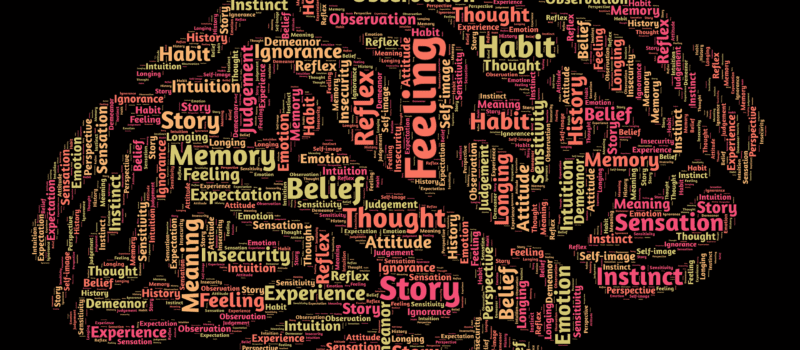Examining Cognitive Assessment in Physiotherapy Assessment
The Role of Cognitive Assessment in Physiotherapy
Physiotherapy is a multifaceted discipline that goes beyond addressing physical ailments to include the evaluation and enhancement of cognitive functions, especially vital for patients recovering from neurological issues or injuries. Cognitive assessments play a crucial role in tailoring rehabilitation programs to meet both physical and cognitive needs, ensuring a holistic approach to recovery through services such as physiotherapy.
Understanding Cognitive Function in Physical Recovery
The Interconnection Between Cognitive Function and Physical Health
Cognitive functions, encompassing memory, attention, and executive functions, are intimately linked with physical health. Cognitive impairments can significantly affect an individual’s ability to participate in physical rehabilitation, impacting the effectiveness of physiotherapy treatments. Integrating kinesiology can provide a comprehensive approach by focusing on the body’s movement and mechanics, further supporting cognitive health.
Cognitive Impairments and Their Impact on Rehabilitation
Cognitive impairments, whether from brain injuries, neurological disorders, or other health conditions, can pose significant challenges in physiotherapy. These impairments can affect a patient’s ability to understand instructions, remember exercises, and stay motivated, all of which are essential for successful rehabilitation. Utilizing active rehab can be particularly effective, combining physical exercises with cognitive challenges to enhance patient engagement and recovery outcomes.
Cognitive Assessment Tools Used in Physiotherapy
Standardized Cognitive Tests in Physiotherapy
Montreal Cognitive Assessment (MoCA)
The Montreal Cognitive Assessment is a widely recognized tool used to screen for mild cognitive dysfunction. It assesses various cognitive domains, including attention, memory, language, and executive functions, providing valuable insights that can guide the adaptation of physiotherapy interventions to accommodate cognitive limitations.
Mini-Mental State Examination (MMSE)
The Mini-Mental State Examination is another popular cognitive screening tool that assesses areas such as orientation, recall, attention, and language. Its simplicity and brevity make it an efficient option for physiotherapists to gauge cognitive function and tailor their approach accordingly.
Task-Specific Assessments for Cognitive Function
Dual-Task Performance Tests
Dual-task performance tests evaluate the ability to simultaneously perform a cognitive task and a physical task, reflecting real-life scenarios and challenges. These assessments are crucial in understanding how cognitive impairments might affect a patient’s ability to perform daily activities, guiding the focus of rehabilitation efforts.
Executive Function Task Assessments
Executive functions, which include planning, problem-solving, and multitasking, are critical for successful navigation of daily life and rehabilitation processes. Assessing these functions helps physiotherapists design interventions that improve physical function and enhance cognitive capacity. Services like registered massage therapy can support this by promoting relaxation and reducing stress, which can positively impact cognitive functions.
Integrating Cognitive Assessments into Physiotherapy Plans
Cognitive assessments are becoming an integral part of comprehensive physiotherapy plans. By understanding and addressing cognitive needs alongside physical ailments, therapists can offer more personalized and effective rehabilitation programs. Incorporating fascial stretch therapy into the treatment regimen can enhance flexibility and mobility, which are vital for both cognitive and physical health.
Tailoring Rehabilitation to Cognitive Needs
Developing personalized treatment plans that consider both physical and cognitive capabilities ensures that the rehabilitation program is not only effective but also achievable. This holistic approach is supported by the expertise of bodyworkers, who provide specialized therapeutic treatments that address the body and mind, enriching the rehabilitation experience.
Developing Personalized Treatment Plans
Incorporating cognitive assessments into the initial evaluation allows physiotherapists to develop treatment plans that consider both the physical and cognitive capabilities of their patients. This holistic approach ensures that the rehabilitation program is not only effective but also achievable, considering the patient’s cognitive function.
Strategies for Enhancing Cognitive Engagement During Therapy
To maximize the benefits of physiotherapy, engaging the patient’s cognitive functions during therapy sessions is crucial. Strategies might include:
- Using verbal cues and visual aids to improve memory and understanding.
- Incorporating problem-solving tasks into physical exercises to engage executive functions.
- Adapting the complexity of tasks to match the patient’s cognitive capacity, gradually increasing the challenge as both cognitive and physical capacities improve.
The Benefits of Cognitive Assessment in Patient Outcomes
Improved Patient Engagement and Compliance
When patients understand the exercises and their purposes, and when these tasks are adapted to their cognitive abilities, engagement and compliance improve. This leads to more consistent participation in rehabilitation programs and, consequently, better outcomes.
Enhanced Recovery Through Cognitive-Physical Therapeutic Approaches
Combining cognitive tasks with physical exercises can lead to enhanced recovery. This dual approach not only improves physical strength and mobility but also cognitive functions, contributing to a more comprehensive recovery process.
Challenges and Considerations in Cognitive Assessment
Recognizing Limitations and Barriers
Variability in Cognitive Assessment Tools
The wide range of cognitive assessment tools available poses a challenge in selecting the most appropriate one for each patient. Physiotherapists must consider the specific cognitive domains they wish to assess and choose tools that best align with their rehabilitation goals.
Addressing the Sensitivity and Specificity of Assessments
The sensitivity and specificity of cognitive assessments can vary, affecting their ability to accurately identify cognitive impairments. It’s crucial for therapists to be aware of these limitations and, when necessary, refer patients for more in-depth neuropsychological evaluations.
Ethical Considerations in Cognitive Testing
Consent and Communication in Cognitive Assessments
Obtaining informed consent and ensuring clear communication about the purpose and process of cognitive assessments are ethical imperatives. Patients must understand why these assessments are being conducted and how the results will influence their treatment plan.
Privacy and Confidentiality in Handling Cognitive Data
Handling the sensitive information gathered from cognitive assessments with the utmost care is paramount. Ensuring privacy and confidentiality protects the patient’s dignity and builds trust in the therapeutic relationship.
Frequently Asked Questions (FAQ)
What role does cognitive assessment play in physiotherapy?
Cognitive assessment in physiotherapy helps identify cognitive impairments that may impact a patient’s ability to engage in and benefit from physical rehabilitation, allowing for more tailored and effective treatment plans.
Which cognitive assessment tools are commonly used in physiotherapy?
Tools such as the Montreal Cognitive Assessment (MoCA) and Mini-Mental State Examination (MMSE) are commonly used, along with task-specific assessments like dual-task performance tests.
How do cognitive impairments affect physical rehabilitation?
Cognitive impairments can hinder a patient’s ability to understand instructions, remember exercises, and stay motivated, potentially slowing down the rehabilitation process.
How can physiotherapists tailor treatments to cognitive needs?
Physiotherapists can adapt the complexity and delivery of rehabilitation exercises to match the patient’s cognitive abilities, use engaging therapeutic strategies that stimulate cognitive functions, and incorporate cognitive tasks into physical exercises to support both cognitive and physical recovery.



